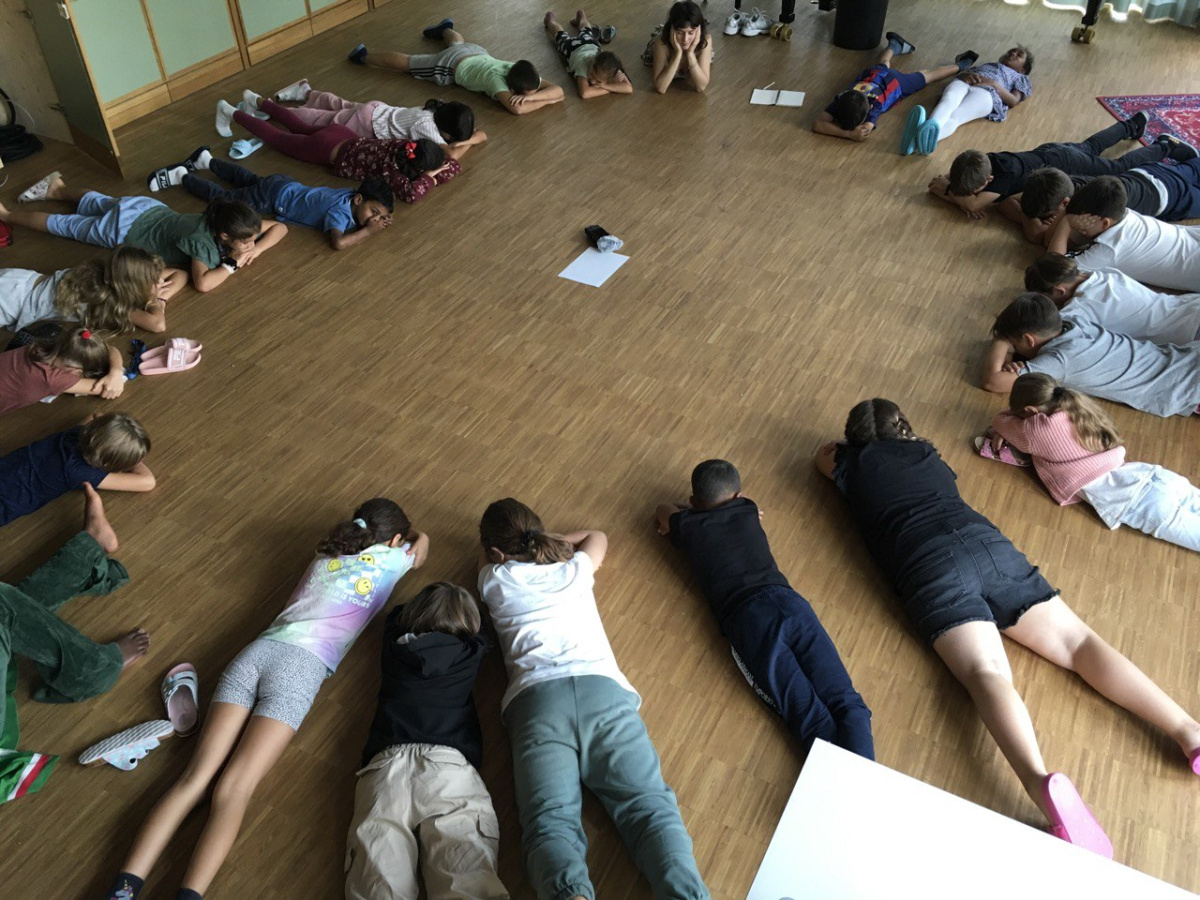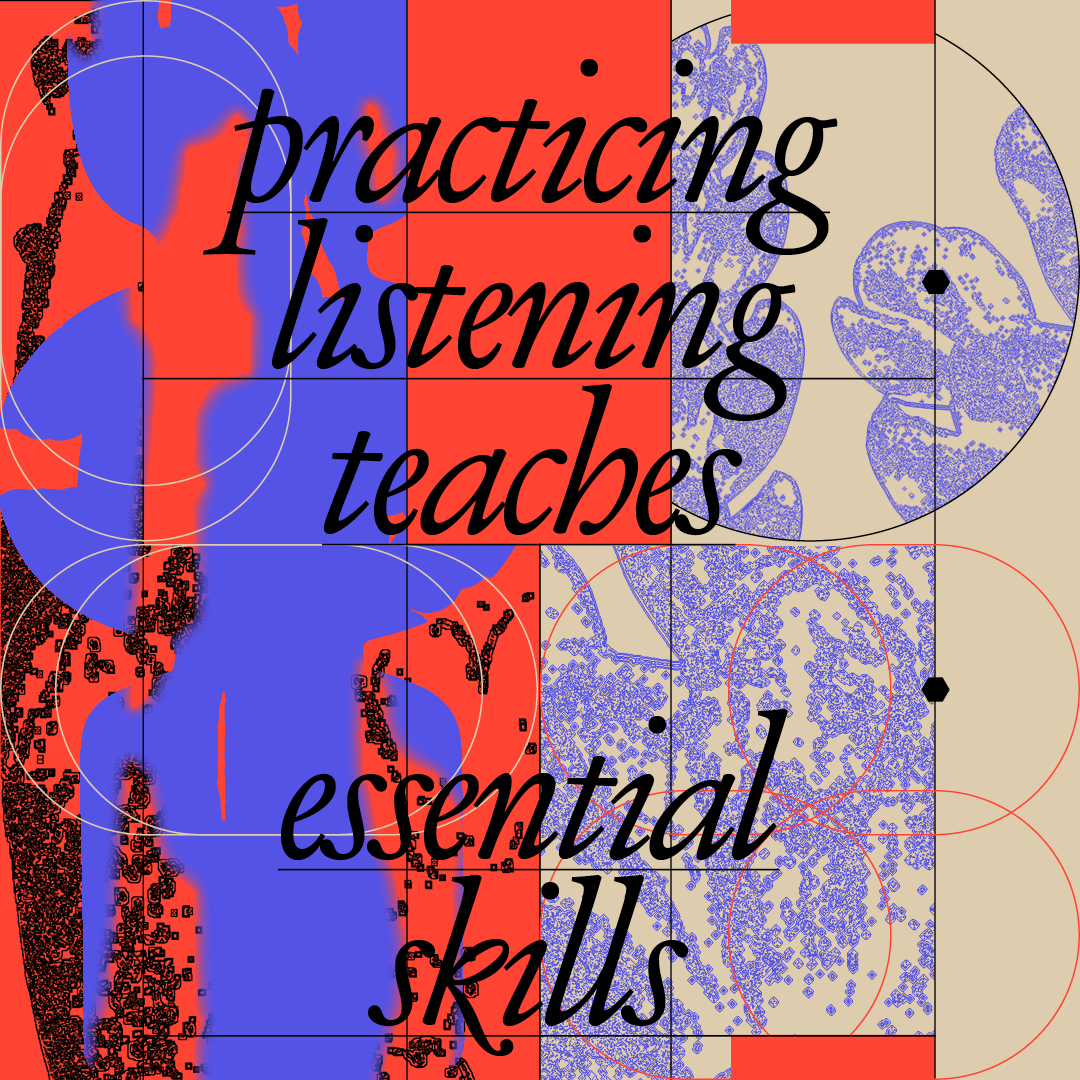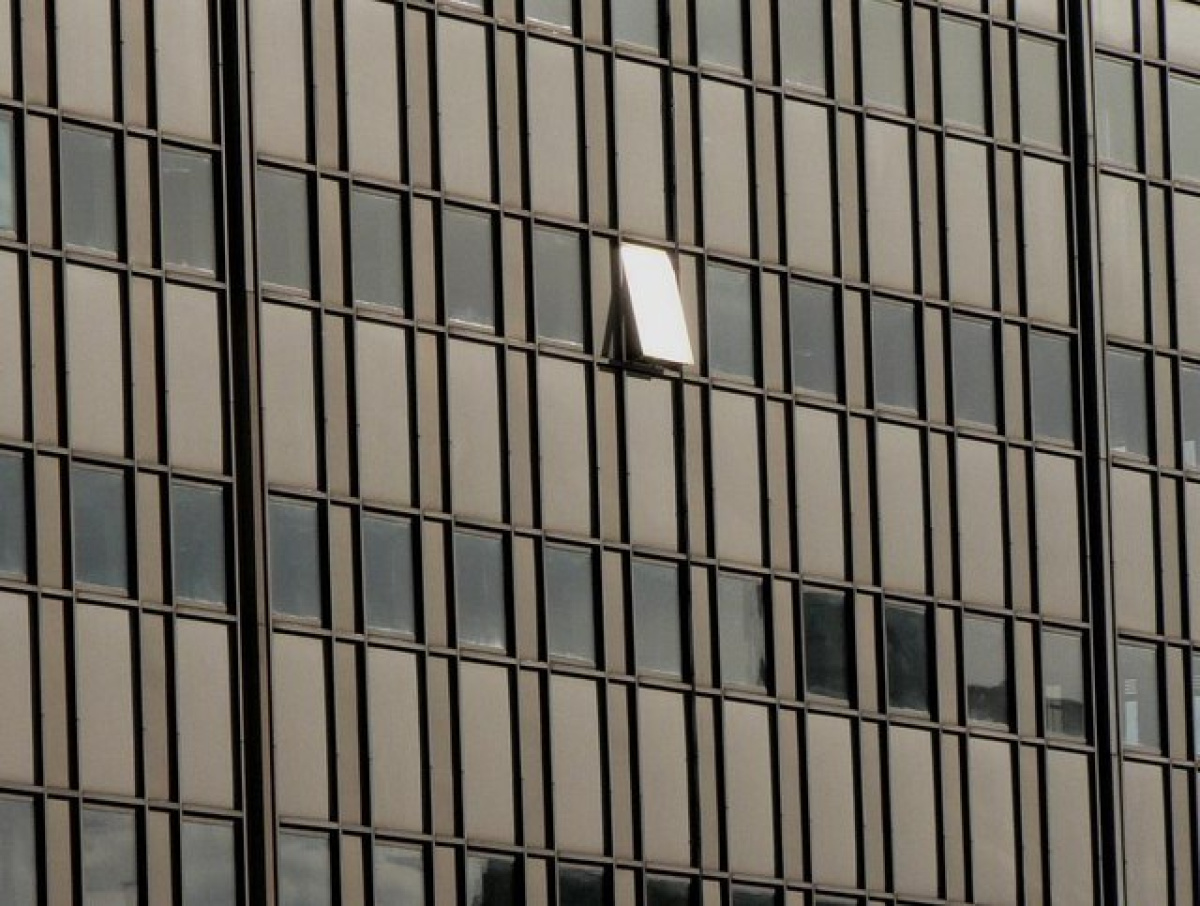
Sonic Literacy: On Listening as Care
In her work as educator, the artist Antye Greie-Ripatti aka AGF aims to integrate «listening as an art practice» into school curriculums. In this essay, she reflects on teaching children the skill of listening to build environmental sensibility.
I was about 30 years old when I learned about Pauline Oliveros and «Deep Listening».1
I wish that a teacher in elementary school had introduced me to her work. Perhaps my life would have been significantly different, more meaningful, earlier. But there was no such teacher.
In my experience, when you listen to children, they listen back. I first noticed this with my own child. I never disrespected what my daughter had to say, no matter how small, wrong or basic it seemed, and I observed that I earned the same respect from her. This is such a simple notion. By practicing listening you teach an essential skill: you embody sensitivity, build sensibility towards your environment, and eventually instill the ability to care.
Since 2020 I have been investigating political listening and sound, publishing hybrid projects on rec-on.org. Listening is one of the most fundamental things we do. Possibly more important than we realize or are taught to respect.
In the beginning was a silence, or rather a constant wind.
I live on a subarctic island called Hailuoto in northern Finland where I founded an arts organization, Hai Art, with an emphasis on sound and listening in public and social space.
My work with children has primarily been intuitive. This is how I found out that six-year-olds are magnificent listeners. I undertook a series of listening sessions with pre-schoolers. With prepared field recordings I asked them to close their eyes and listen to bats, wind, leaves and mosquitoes, and their auditory observations were correct and sharp. We carried on re-making these sounds, such as wind and mosquitoes, with our voices. Young children are also the most fearless imitators of sound I have encountered. Using a simple sound editor, we went on to examine the audio waveforms of the sounds we were hearing, then reversed, looped, and edited them. In the past I have taught audio editing to adults; I couldn’t help noticing that with these random six-year-olds, their speed, power of comprehension and readiness of mind was significantly superior to any adult I had worked with.
Inward Listening and Outward Screaming
Currently (2024) I am working with a middle school in Bern (Switzerland) for the project «Kleefeld-Klangfeld» (curated by Salomé Voegelin and David Mollin) with multi-ethnic-cultural children. My creative objective is to develop methodologies on how to integrate «listening as an art practice» into school curriculums. We are conducting listening exercises, inward listening, outward screaming, recording and listening back, listening and narrative, the physics of sound and who listens, what is at stake, how much feeling is allowed to sound out?
In 2024/25, I will host listening sessions at the Oulu Art Museum. The topics span a wide spectrum and include: sound and listening as intersectional feminist practice, introduction to the pioneers of electronic and experimental music, non-hierarchical listening curriculums and more.
How do we «grown ups», often uprooted, generationally injured and removed from the culture of listening, take responsibility for teaching listening?
How do we teach universal ethics, independent of religion, nationality, and other values that divide humans? How do we end up becoming what we are? When did it begin that we were so scared, so conformist, and so inactive about the essential issues we should be fighting for? What if everybody could work together as openly and inclusively as possible to face these challenges? How are these things discussed, and who decides what education and curriculums should deliver?
What role can sonic literacy play in answering these questions?
- 1. Deep Listening® is a practice created by composer Pauline Oliveros in order to enhance her own as well as others’ listening skills.
This short essay is a part of the Norient Special When the Sound Listens Back, a publication in collaboration with Rewire Festival 2024. It assembles essays and audio pieces reflecting ideas about the importance of listening beyond one’s ear, its ethics, and critical potential. Curated and edited by Philipp Rhensius and Katía Truijen.
Biography
Links
Published on March 11, 2024
Last updated on August 21, 2024
Topics
A generative practice that promotes different knowledge. One that listens is never at a distance but always in the middle of the sound heard.
From instruments made of plastic waste of the ocean to questions about a futurist naturalism which embraces technology for aesthetic emancipation.
Special
Snap


